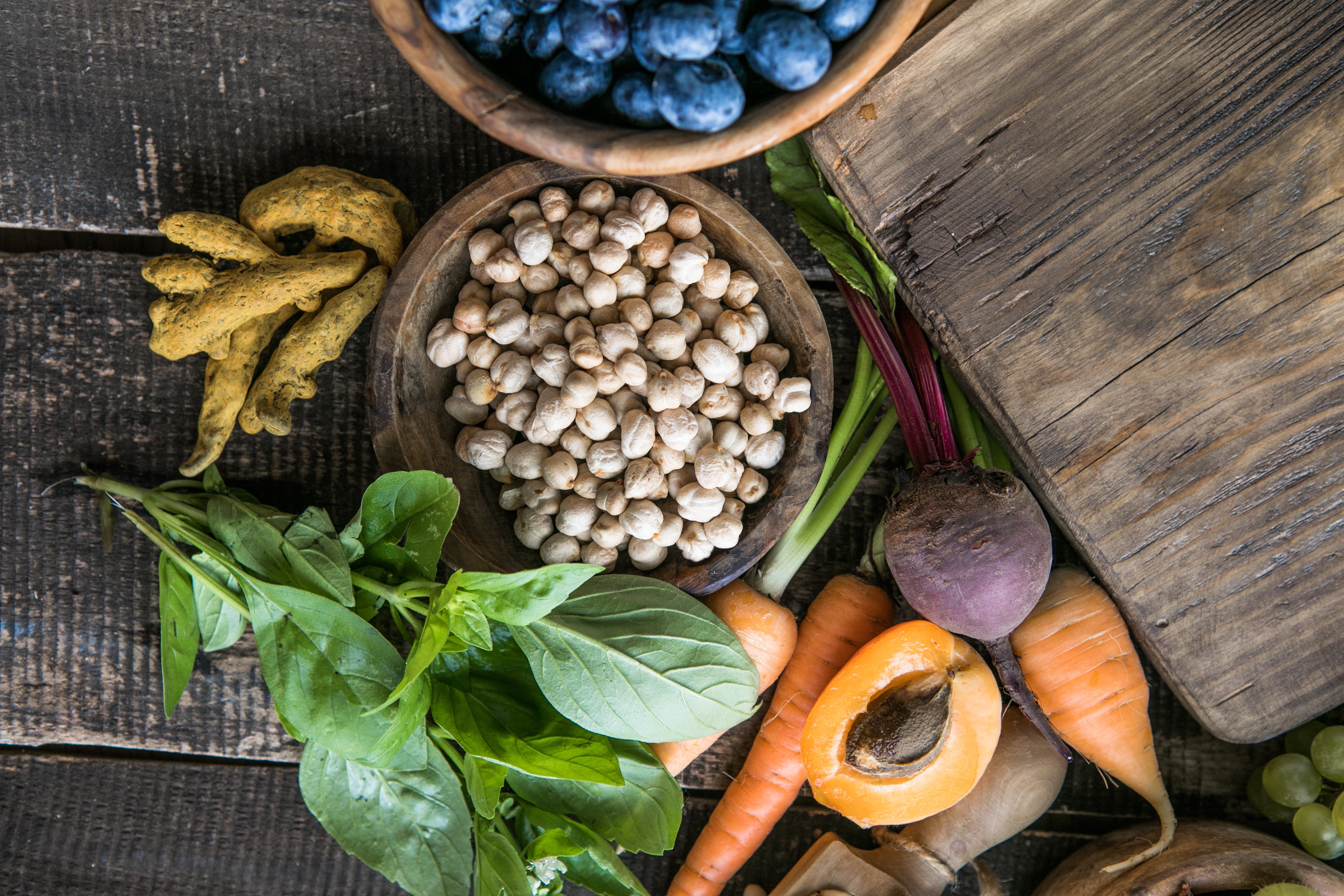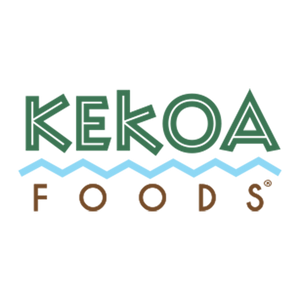
Veggie-based proteins are becoming increasingly popular, not just among adults but also for babies. These nutrient-packed sources of protein offer a range of health benefits and can be an excellent addition to your baby's diet as you introduce solids.
As many parents introduce more veggie-based food into their diets, they’re seeing the benefits of offering it to their children as well. Let’s look at various veggie-based protein sources, discuss their advantages, and show you how to incorporate them into your baby's meals.
Plus, we'll highlight some of Kekoa Foods' organic baby food pouches that feature veggie-based proteins to help you make nutritious choices whenever, wherever! Baby food pouches are great to have on hand for a healthy snack whether you’re at home or on the go.
Why Choose Veggie-Based Proteins for Your Baby?
Nutrient Density
Veggie-based proteins are rich in essential nutrients like fiber, vitamins, and minerals, providing a well-rounded nutritional profile for your growing baby.
Digestibility
Many veggie-based proteins are easy to digest, making them suitable for infants who are just starting to explore solid foods.
Diverse Flavors
Incorporating veggie-based proteins into your baby's meals introduces them to a variety of flavors and textures, promoting taste development and expanding their palate.
Veggie-Based Protein Sources for Babies
- Lentils
Rich in protein and iron, lentils are a versatile option. You can puree cooked lentils to create a smooth consistency for younger babies or serve them whole for older infants who are ready to explore different textures. Lentils provide approximately 9 grams of protein per 1/2 cup (cooked).
- Tofu
Tofu is an excellent source of plant-based protein and calcium. Soft tofu can be blended into creamy purees or diced into small, easy-to-hold pieces for self-feeding. Firm tofu offers roughly 10 grams of protein per 1/2 cup (cubed).
- Quinoa
Quinoa is a complete protein, containing all nine essential amino acids. Cooked quinoa can be mixed into baby food purees or served as a side dish. Quinoa contains about 4 grams of protein per 1/2 cup (cooked).
- Peas
Green peas are a good source of plant-based protein and can be easily mashed or served as finger foods once your baby is ready for solids. Try our Peas & Mint baby food puree for a great source of peas, paired with refreshing mint for a digestive aid. For one Kekoa puree baby food pouch, peas offer 3 grams of protein.
- Beans
Varieties like black beans, kidney beans, and pinto beans are rich in protein and fiber. They can be mashed, pureed, or served whole, depending on your baby's age and stage of development. Kekoa Foods’ Beets, Fennel & Kale puree baby food contains black beans for a dose of protein. Black beans offer about 3 grams of protein per Kekoa food organic baby food pouch.
- Chickpeas
Chickpeas provide approximately 7 grams of protein per 1/2 cup (cooked). They are an excellent source of protein and fiber, making them ideal for promoting satiety and digestive health. They are also rich in folate, iron, and manganese, supporting overall well-being.
- Fava Beans
Fava beans contain about 5 grams of protein per 1/2 cup (cooked). They are a good source of veggie-based protein and dietary fiber. They also offer notable amounts of vitamins and minerals, including folate, manganese, and phosphorus.
- Hemp Hearts (Hemp Seeds)
Hemp hearts are packed with protein, offering around 10 grams of protein per 3 tablespoons. Hemp hearts are not only rich in protein but also provide essential fatty acids, particularly omega-3 and omega-6. They are a good source of magnesium, iron, and zinc, contributing to heart health and overall nutrition.
- Spirulina
Spirulina contains approximately 4 grams of protein per 1 tablespoon. It is a nutrient-dense blue-green algae. Besides protein, it is rich in vitamins like B vitamins (including B12 in some forms), iron, and antioxidants. It's often used as a dietary supplement to support energy and immunity.
- Pumpkin Seeds (Pepitas)
Pumpkin seeds offer about 5 grams of protein per 1 ounce (about 2 tablespoons). Pumpkin seeds are not only a source of protein but also provide essential minerals such as magnesium, phosphorus, and zinc. They are also rich in healthy fats and antioxidants, promoting heart health and overall well-being.
Kekoa Foods' Organic Baby Food Pouches
In addition to black beans and peas, Kekoa Foods offers a range of organic baby food pouches featuring plant-based proteins. Options like Squash & Kale with Turmeric and Curry Vegetable Mango are not only flavorful but also provide the benefits of veggie-based nutrition. These pouches are convenient and make introducing veggie-based proteins to your baby a breeze.
What veggie-based protein would you like to see in our new recipes coming soon? We can’t wait to hear!
How to Incorporate Veggie-Based Proteins
When introducing veggie-based proteins to your baby, start with small portions and monitor for any allergic reactions. Always consult with your pediatrician before introducing new foods into your baby's diet, especially if you have concerns about allergies.
As your baby grows and develops, you can gradually increase the variety and complexity of veggie-based protein sources in their meals. These foods will not only support their nutritional needs but also help them develop a lifelong love for healthy, veggie-based eating.
Veggie-based proteins are an excellent choice for expanding your baby's palate and providing them with essential nutrients. By incorporating sources like along with Kekoa Foods' puree baby food, you can ensure that your baby receives a diverse and nutritious diet that sets the foundation for a lifetime of healthy eating habits.
References:
National Institutes of Health. (2021). Iron. https://ods.od.nih.gov/factsheets/Iron-HealthProfessional/
American Heart Association. Plant-Based Sources of Protein Infographic. https://www.heart.org/en/healthy-living/healthy-eating/eat-smart/nutrition-basics/plant-based-protein-infographic
Cleveland Clinic. Best and Worst Sources of Protein. https://health.clevelandclinic.org/best-and-worst-sources-of-protein/
